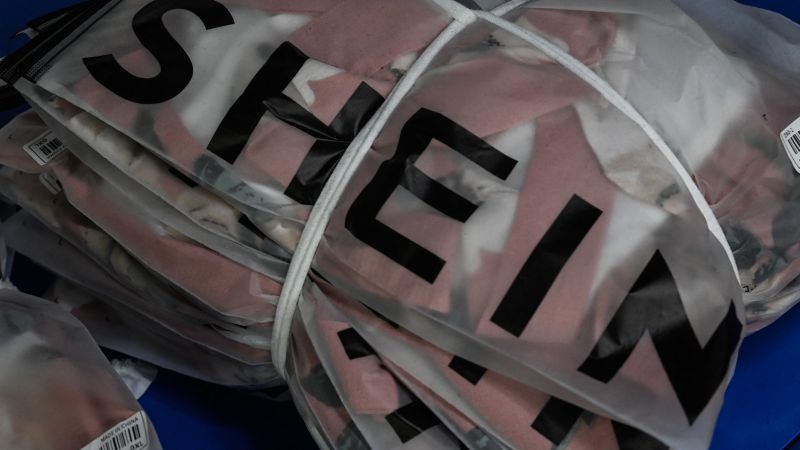More than a year after Shein promised to address concerns about excessive working hours in its supply chain, a recent report by Swiss human rights advocacy group Public Eye suggests that the Chinese fast-fashion company still has an issue. Workers in some factories supplying Shein are reportedly still working 75-hour weeks, according to the investigation. Public Eye interviewed 13 textile workers in Guangzhou, China, who worked an average of 12 hours a day, six or seven days a week. The group found that wages had not significantly changed since its 2021 report, with workers earning between 6,000 and 10,000 yuan per month, well below what is considered a living wage in China.
Shein does not disclose the identity of its suppliers, creating challenges for monitoring working conditions. Public Eye identified the factories as Shein suppliers based on interviews and the presence of Shein products. Workers reported long hours and minimal time off, with one worker stating they could not afford more days off due to the costs. Despite the allegations, Shein stated that it does not recognize many of the claims in the Public Eye report. The company is investing tens of millions of dollars to strengthen the compliance of its suppliers and improve working conditions, including plans to upgrade factories belonging to its suppliers.
In response to previous allegations of labor exploitation, Shein announced plans in December 2022 to invest $15 million to upgrade hundreds of factories belonging to its suppliers. The company stated that their efforts to improve governance and compliance are already showing results, with regular supplier audits indicating improved performance and compliance. Shein’s code of conduct for suppliers states that employees should not work more than 60 hours per week, including overtime, and should have at least one day off per week. However, Public Eye’s investigators noted that some workers reported an increase in surveillance cameras in the factories, with recordings potentially being sent to Shein in real-time to enforce rules.
Public Eye did not return to Nancun, the location of Shein’s headquarters and previous interviews, due to increased media scrutiny in the area making it too risky. Workers also expressed concerns about young people, believed to be about 14 or 15 years old, performing basic tasks in some factories. Despite Shein’s claims that they are working to improve working conditions, concerns about excessive hours, low wages, and potential labor violations in their supply chain persist. The company’s ongoing commitment to investing in compliance and governance in their supply chain will be crucial in addressing these issues and ensuring that workers are treated fairly and ethically.


